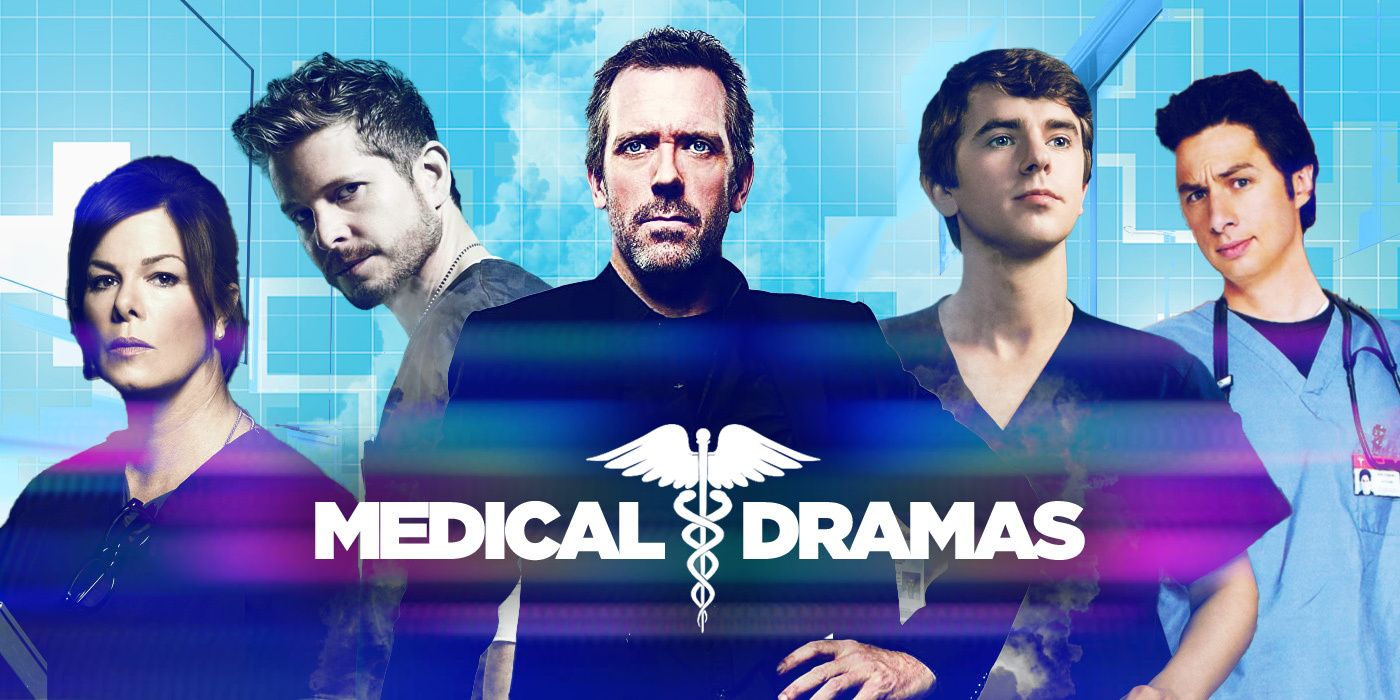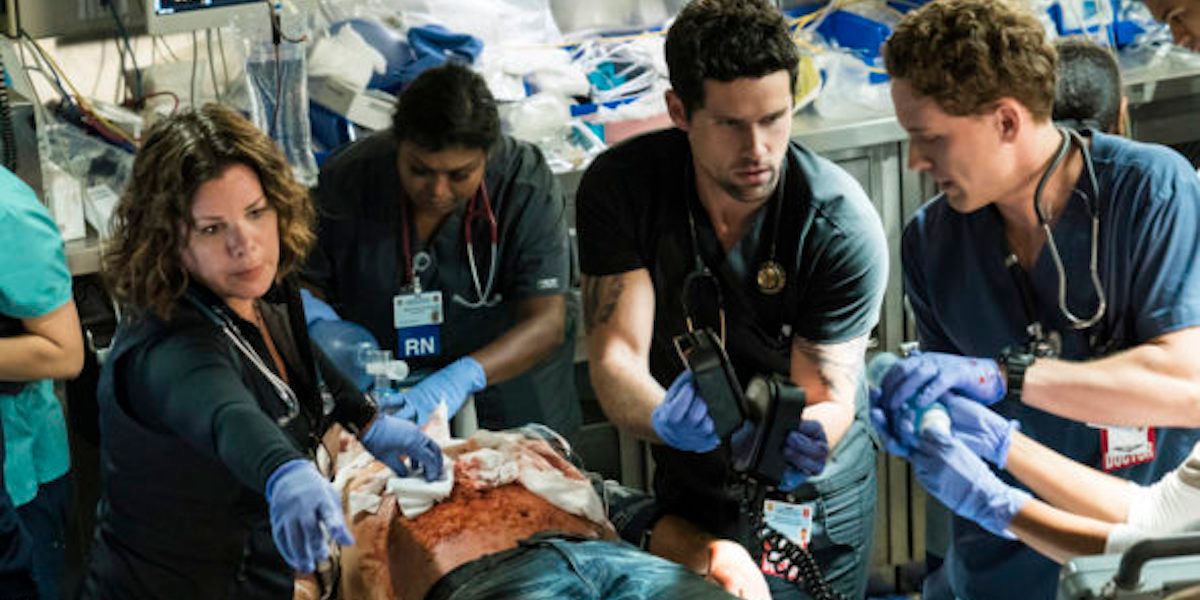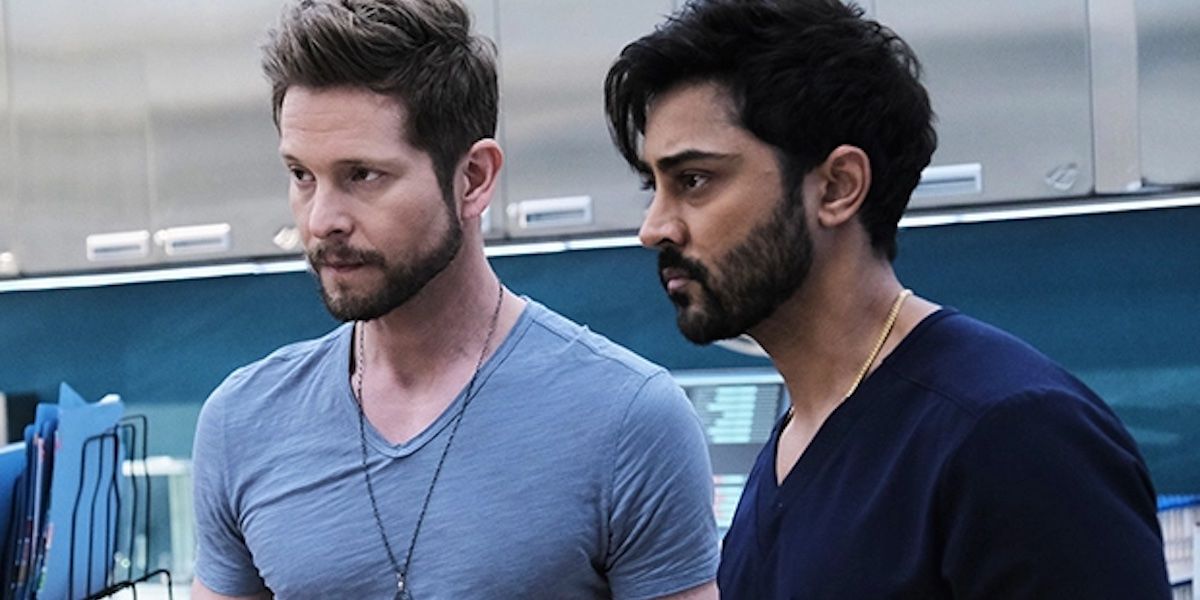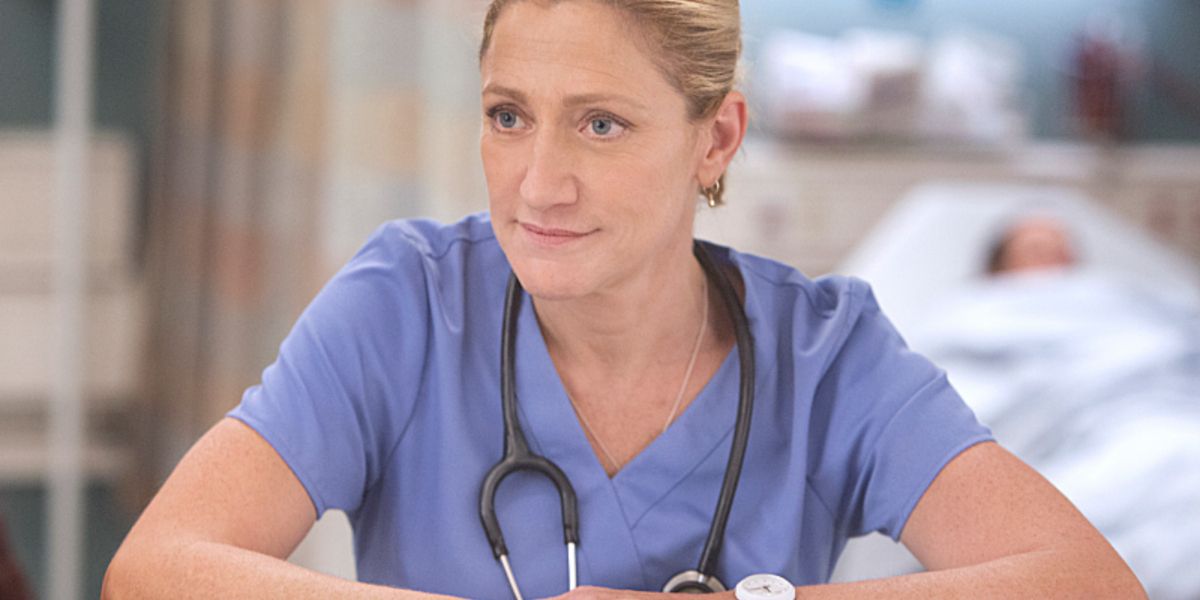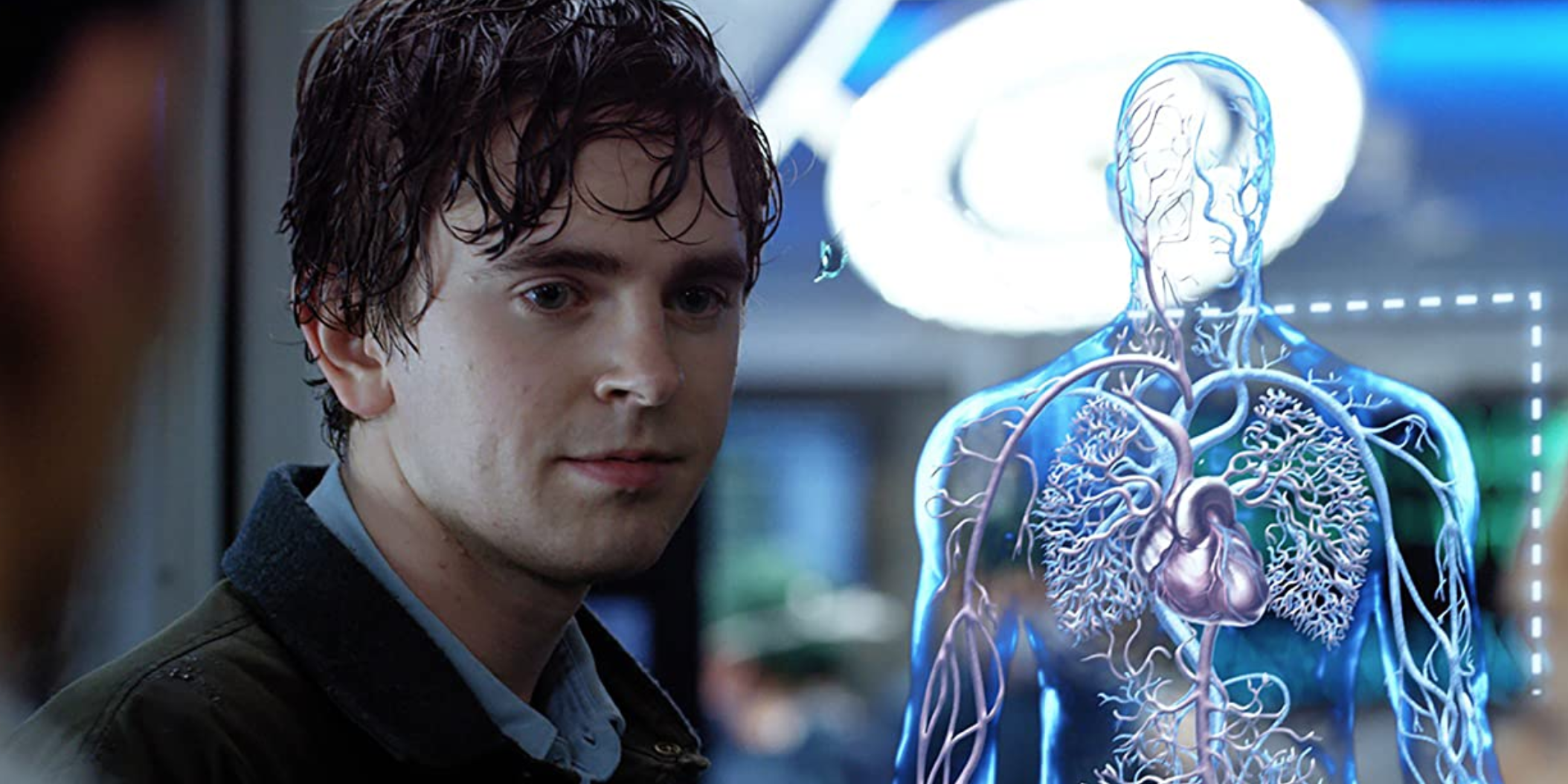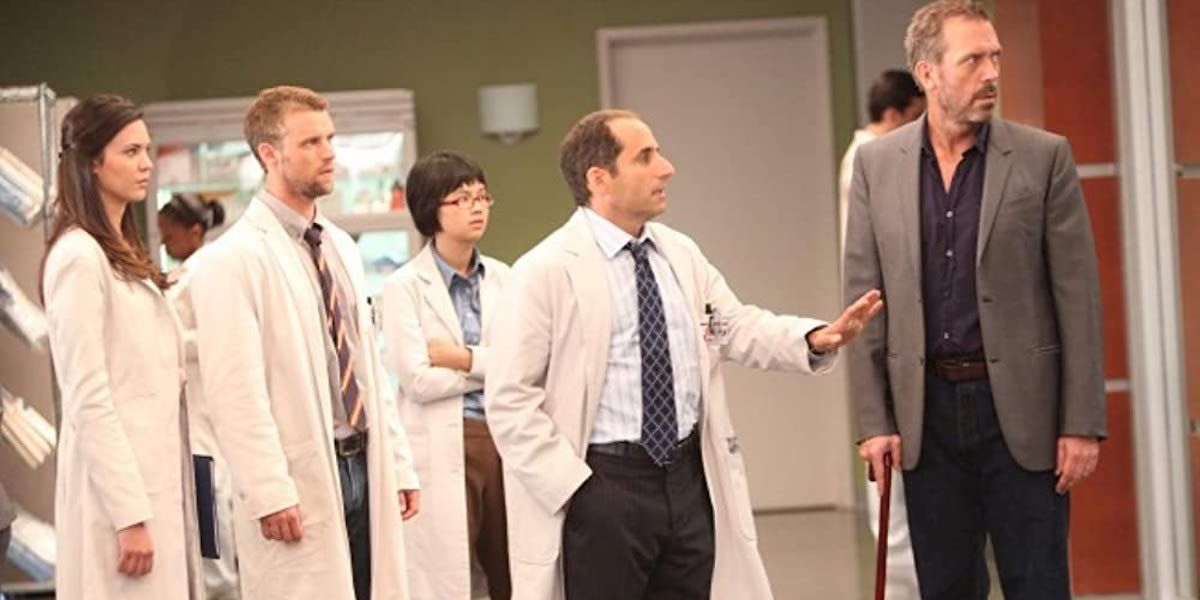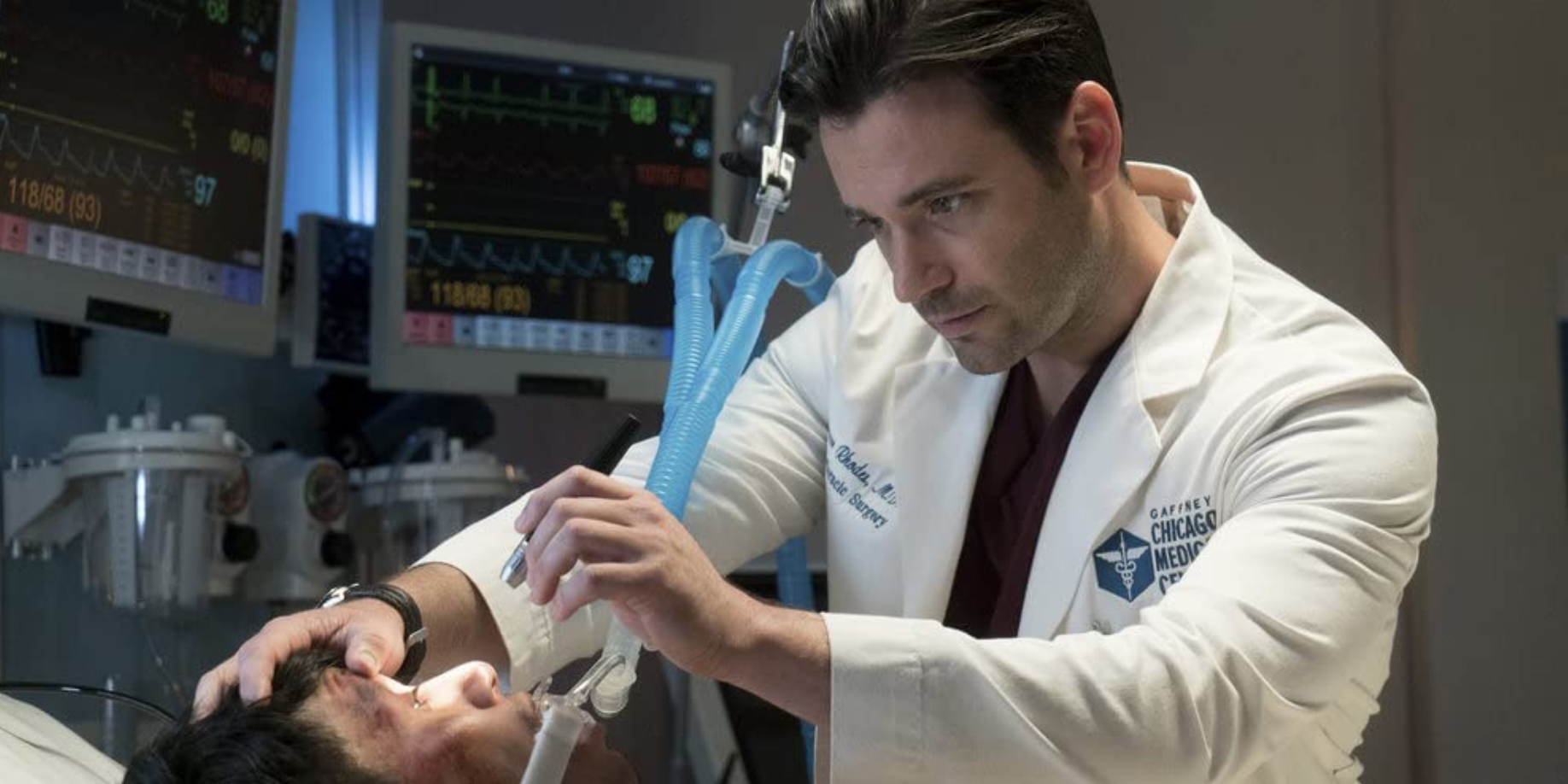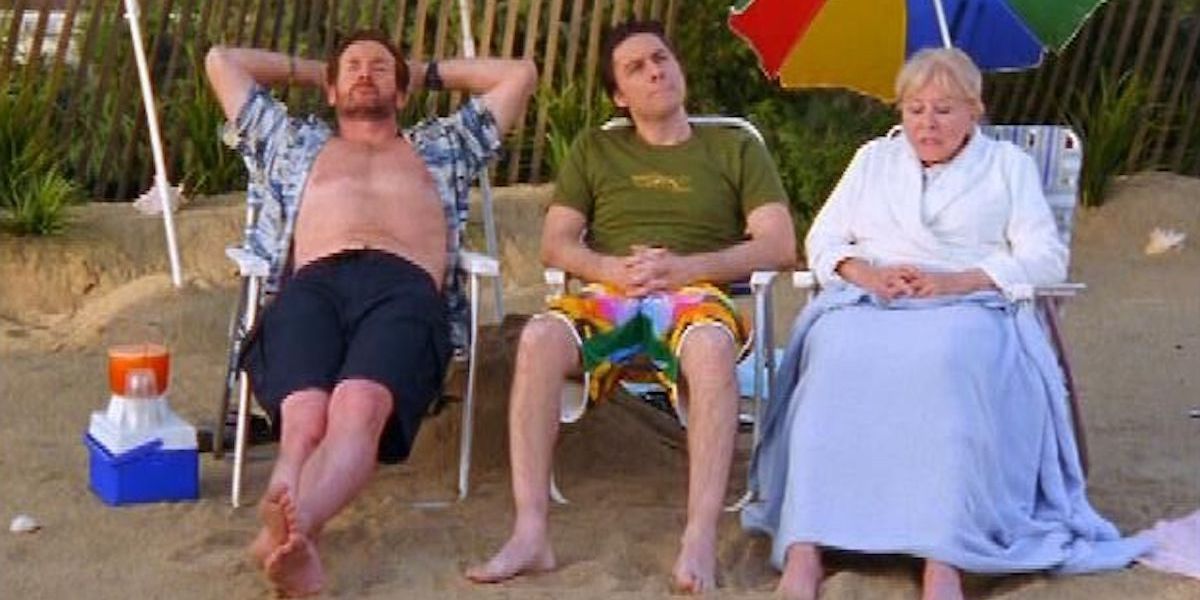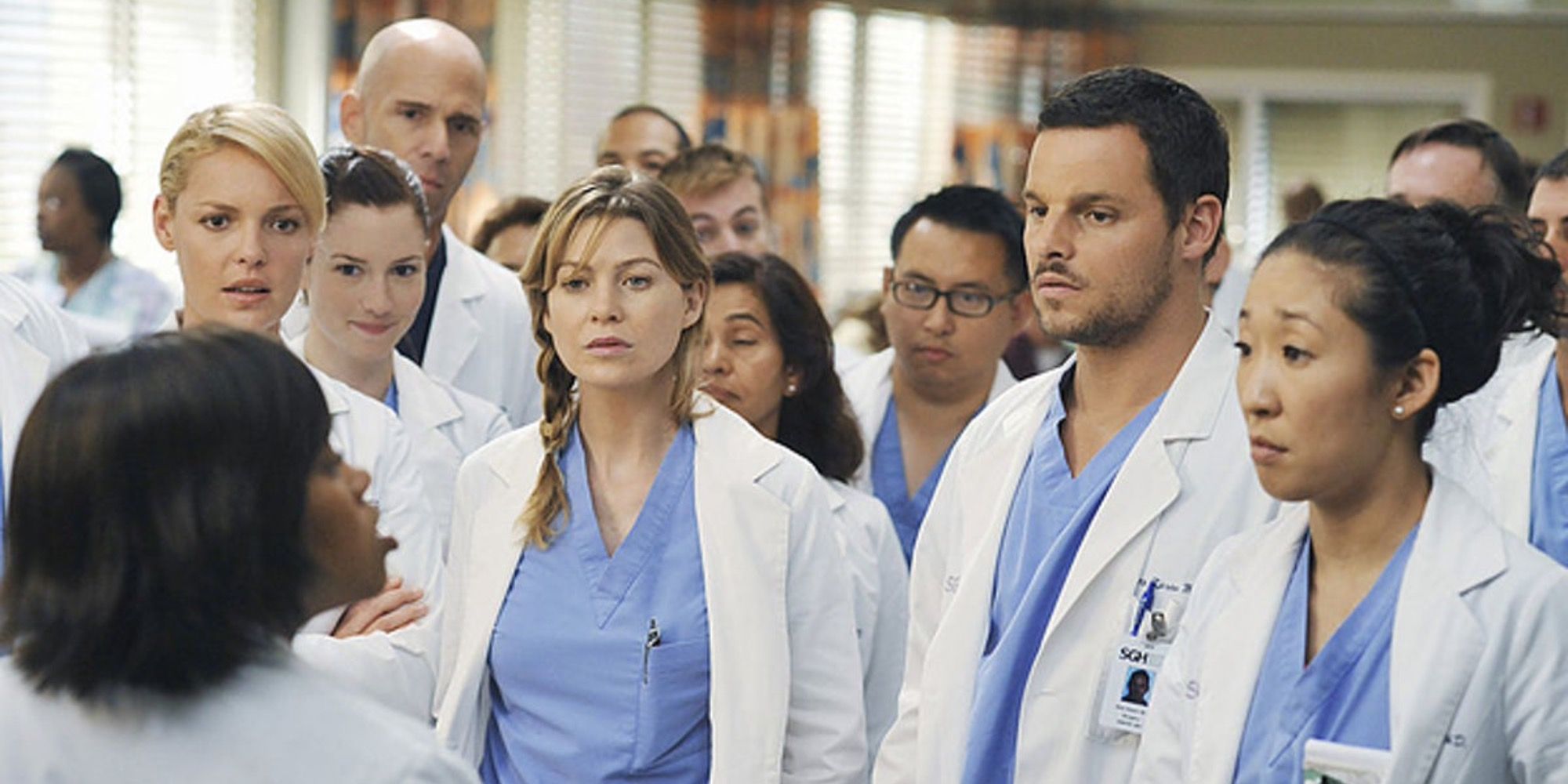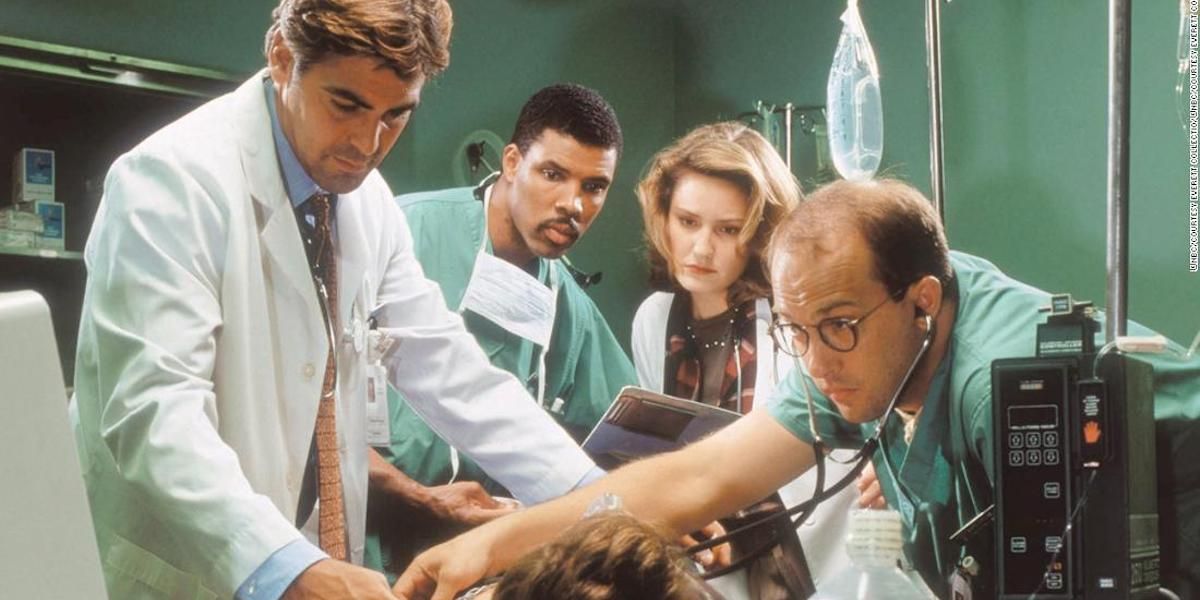Sometimes, medical dramas absolutely nail what it’s like to be in or around a hospital, emergency room, or specialty medical office. Other times, TV portrayals of working in medicine focus less on realism and more on beefing up the shock and awe inherent to stories like these. In other words, there’s nothing real about medical procedurals. Wrong tools are being called for, wrong organs are being removed, etc. And, of course, some tackle the subject matter better than others.
So, for those watching, or wanting to watch TV shows that are not only great but believable, here are the best medical dramas, ranked by how believable they are to the wonderful world of medicine.
9. Code Black
Basing the series on a documentary by filmmaker Ryan McGarry, creator Michael Seitzman (North Country) introduced Code Black in 2016 on CBS. The overall theme of the show zeroes in on an understaffed Los Angeles emergency room that is as busy as it is lacking in the necessary resources needed to run a smooth operation.
Starring Marcia Gay Harden, Harry Ford, and a well-rounded cast, critics and fans alike praise the show’s intense accuracy in portraying what under-prepared ERs face on a daily basis. You can connect that believability factor to the real-life documentary the show is based on, a film that opened people’s eyes to the everyday struggles medical professionals experience simply from lack of recourses within some of the most high-traffic emergency rooms in the country. It’s no wonder the writers of Code Black had plenty of material to pull from. –Jason Shomer
8. The Resident
Fans of The Resident might not know that it’s based on a 2012 book entitled Accountable written by Marty Makary, MD. The show follows the character Conrad Hawkins (Matt Czuchry), who begins his tenure at a high-traffic medical facility called Chastain Park Memorial Hospital. Conrad follows the lead of Randolph Bale (Bruce Greenwood), as he learns the ins and outs (as well as the slippery politics) of the hospital, as the veil is pulled back to reveal the truth.
Although some fans would say the show’s realism is sometimes wishy-washy due to some overly dramatic plot lines, it’s still interesting to see how each character is sometimes forced to manipulate the orthodox list of recommended procedures, on the fly, in order to achieve the best results. But, the most intriguing aspect of the show is how the creators/writers give a unique look at the ethical (and sometimes highly unethical) practices of today’s healthcare providers. –Jason Shomer
7. Nurse Jackie
Starring Edie Falco as the titular character and running on Showtime from 2009 to 2015, Nurse Jackie was a critical darling, receiving several Primetime Emmy Award nominations over the course of its seven-season run. However, viewers were often divided over the series’ portrayal of the nursing profession: Jackie was an unreliable mother, adulterer, and prescription painkiller addict which, for a series with the stature of Nurse Jackie, was making all nurses look bad. If a nurse like Jackie were high on Oxy in real life, it would be most likely that she would be doing her job poorly and placing her patients in jeopardy.
But for a television landscape with plenty of medical dramas following the lives of doctors and surgeons, seldom have they centered on the lives of nurses or even had them in the title. For all of its flaws, Nurse Jackie’s success was predicated by its portrayal of a flawed lead character who happened to be a nurse, and who happened to get by despite it all. Critics consistently pointed out the series’ ability to keep Jackie’s personal flaws separate from her professional skill set, which is exactly what real-life nurses do: put aside their own grief to help save the lives of others. –Jeffrey Davies
6. The Good Doctor
When the CBS series, The Good Doctor premiered, fans of medical shows surely tuned in to see what sort of curveball the Dr. Sean Murphy (Freddie Highmore) character would bring to this genre. If you’re unfamiliar with the show, Sean is a young surgical resident, living with autism, who has moved from his small hometown to work at a San Jose hospital. But after the first few episodes aired, new viewers caught on fast that the dramatic medical storylines and solid relationships each character brings to the surgical table, highly overshadowed the doctor’s affliction.
Premiering on CBS back in 2017, the show is adapted from a 2013 South Korean medical series by the same name. Despite some resistance by executive CBS bigwigs (concerned that the subject might be too risky for network TV), The Good Doctor proved to be just as believable and interesting as some of its medical-show predecessors. Not only does The Good Doctor consistently deliver entertaining and intense emergency situations, but it shed some light on the abilities (sometimes extraordinary) of someone with autism. –Jason Shomer
5. House
After one small-ish acting role after another, English-born Hugh Laurie finally got the leading role he was waiting for by being cast as the title character of House MD (eventually shortened to just House). And to make the new gig even better than a low-cholesterol test result, this Fox series became a big hit.
Located at a fictional New Jersey-based hospital, Dr. Gregory House leads a team of doctors in the most unconventional and arrogant of ways. Although Dr. House may be as skilled as he can be as a physician, the character deals with his own addiction to pain medication, as well as a debilitating damaged leg that has plagued him since receiving an incorrect diagnosis; hence the pain-pill addiction.
Debuting in 2004 and running for eight seasons, the show pulled in hordes of fans with its engaging characters, fascinating diagnoses, and most of all, Laurie’s wit and dry sense of humor. With every episode feeling as if it’s a “stand-alone” mystery medical novel, each installment takes viewers on a fascinating ride as House and his crew try to determine the diagnosis of each of his patients. And of course, what can be bloody done about it! This show may not be wholly realistic, but it’s so artfully done, it really should never be rebooted. –Jason Shomer
4. Chicago Med
Living nicely in the world of Chi-town series Chicago PD and Chicago Fire, Chicago Med is the third installment of the franchise. Premiering back in 2015, the show follows the medical team bravely working at a fictional Chicago hospital. In fact, in addition to the medical accuracy and plethora of emergency situations presented in this exciting series, the Chicago Med characters sometimes crosses over with its two sibling shows. For example, one of the main characters, Dr. Will Halstead (Nick Gehlfuss), is the older brother of the Chicago PD character Detective Jay Halstead, (Jesse Lee Soffer). Also, the character April Sexton (Yaya DeCosta) is the childhood friend of Chicago Fire character Lieutenant Kelly Severide (Taylor Kinney).
On top of the edge-of-your-seat plot lines and realistic hospital situations, Chicago Med successfully breaks through different stereotype barriers, such as nurses taking prominent roles on the medical team. That, combined with the show’s cross-overs (along with quality writing/acting) gives Chicago Med an authentic feel, with characters worthy enough to get to know. –Jason Shomer
3. Scrubs
It’s hard to believe that a comedy like Scrubs would be on a “believability” list, let alone one of the top-ranking choices. But the fact is, that despite its smart sense of humor, Scrubs, which debuted back in 2001 and stars Zach Braff and Donald Faison, tackles real and believable situations that balance out the silliness. With a fantastic supporting cast including Sarah Chalke, John C. McGinley, and Neil Flynn, the show focuses on a medical team stationed in a fictional hospital that’s used to train up-and-coming physicians.
The daydream exploration from the head of Dr. John Dorian (Braff) provides plenty of comedy, while the supporting cast and storylines remind fans that it’s not always fun and games. No other show portrays the residency training steps like this one does, giving the series a unique peek into a part of the medical world. Spending its own residency on NBC, then ABC, Scrubs went strong for nine seasons. Pretty impressive for a bunch of silly doctors. – Jason Shomer
2. Grey’s Anatomy
Created by Shonda Rhimes, whose biggest credits up until this point was as the screenwriter of films like Crossroads and The Princess Diaries 2: Royal Engagement, Grey’s Anatomy was formulated as a medical drama exploring the lives of surgeons—breakneck in both the personal and professional spheres. An almost-instant hit among critics and viewers, the series’ popularity spoke to both its ability to resonate among the 18-49 demographic (ambition, paying your dues, and romance) as well as its believability when portraying the triumphs and pitfalls in the operating room.
Featuring a large ensemble cast led by Ellen Pompeo as the titular Meredith Grey, Grey’s Anatomy took many cues from ER before it and has since surpassed NBC’s beloved medical behemoth as the longest-running medical drama in the history of American primetime television. Its power to succeed throughout multiple eras of network television is a testament to the ways in which the series’ storytelling always relates itself to the viewer, no matter how far removed they are from the medical profession. And when you watch a cast of characters for enough seasons, they start to feel like family. – Jeffrey Davies
1. ER
If there was a such thing as medical-show-royalty, ER would be wearing a crown on top of another crown. And deserving so. Spending over a mind-blowing 15 seasons, with 331 episodes, ER launched the careers of George Clooney, Noah Wyle, and Julianna Margulies. The show also laid the groundwork/roadmap/blueprint for every medical show to follow after it.
Created by Michael Crichton, ER takes place in a fictional general hospital located in Chicago. This series, that debuted back in 1994, subjected fans to nonstop emergency situations that brought them closer to every character the show introduced them to. Medical-drama fans were exposed to the very emotions and stresses that these heroes were experiencing on a day in/day out basis. Being the most believable medical show there ever was, ER aired all the way up until 2009 on NBC. –Jason Shomer
























































![Key Metrics for Social Media Marketing [Infographic] Key Metrics for Social Media Marketing [Infographic]](https://www.socialmediatoday.com/imgproxy/nP1lliSbrTbUmhFV6RdAz9qJZFvsstq3IG6orLUMMls/g:ce/rs:fit:770:435/bG9jYWw6Ly8vZGl2ZWltYWdlL3NvY2lhbF9tZWRpYV9yb2lfaW5vZ3JhcGhpYzIucG5n.webp)


